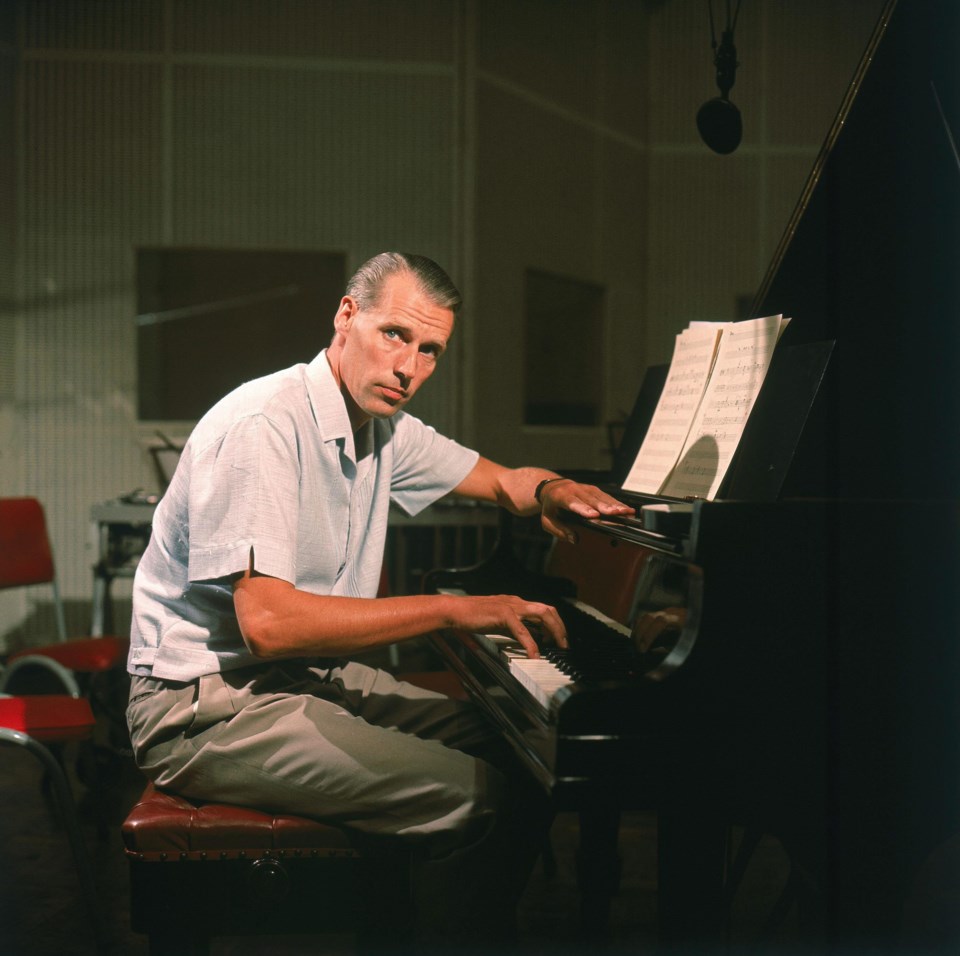NEW YORK — At one point in the Soundbreaking documentary series, producer Paul Epworth describes a freshly heartbroken Adele singing him her new song, Rolling in the Deep, pounding out the beat — and her frustrations — with her foot on a slab of wood.
He shows how her foot-
stomping was incorporated into the rhythm track of the recording, which became one of this century’s biggest hits. It’s one of several insights packed into the eight-hour series that begins Monday at 10 p.m. on most PBS
stations.
The series was the brainchild of Beatles producer George Martin, who died March 8. The sprawling overview was wrestled into shape by American producer Jeff Dupre, who made sure it was something other than a technology wonk’s paradise.
“You want it to not be a history lesson but an experience for the audience,” Dupre said. “They’ll hear a few new things, but also enjoy hearing it.”
The series is divided into several topics, including the role of a producer, the use of sampling and how the recording studio became an instrument. Each episode is packed with songs and personal stories. Tom Petty describes how Jeff Lynne stopped him upon first hearing the chord progression that became Free Fallin’, and Questlove talks about being entranced by the sound of Rapper’s Delight.
Giles Martin was a partner in the project, becoming more active with his father’s illness.
“His life was dedicated to making people happy through sound,” he said. “If you think about it, it was really as simple as that. He tried to push boundaries all the time within that. The innovation, not just with himself but with a lot of people, he thought was quite an interesting story to tell.”
After the Beatles left the road, they partnered with Martin using the studio as a palette. Soundbreaking discusses the making of Tomorrow Never Knows, where Martin was charged with bringing some of John Lennon’s offbeat ideas to life.
For much of the 1900s, the goal of recording technology was to make a listener experience being in a room as music was made, said Giles Martin, who went into the family business. In the 1960s and beyond with the constant introduction of new technology, that changed.
Before being assigned to a young Liverpool band no one had heard of, George Martin produced comedy records, where he was accustomed to incorporating sound effects into recordings. With his background, he would have never gotten the job as Beatles producer in today’s world, “which is kind of an interesting lesson that hasn’t been learned since,” Martin said.
The surviving Beatles, Paul McCartney and Ringo Starr, both participate in Soundbreaking. More than 150 artists and producers are interviewed.



